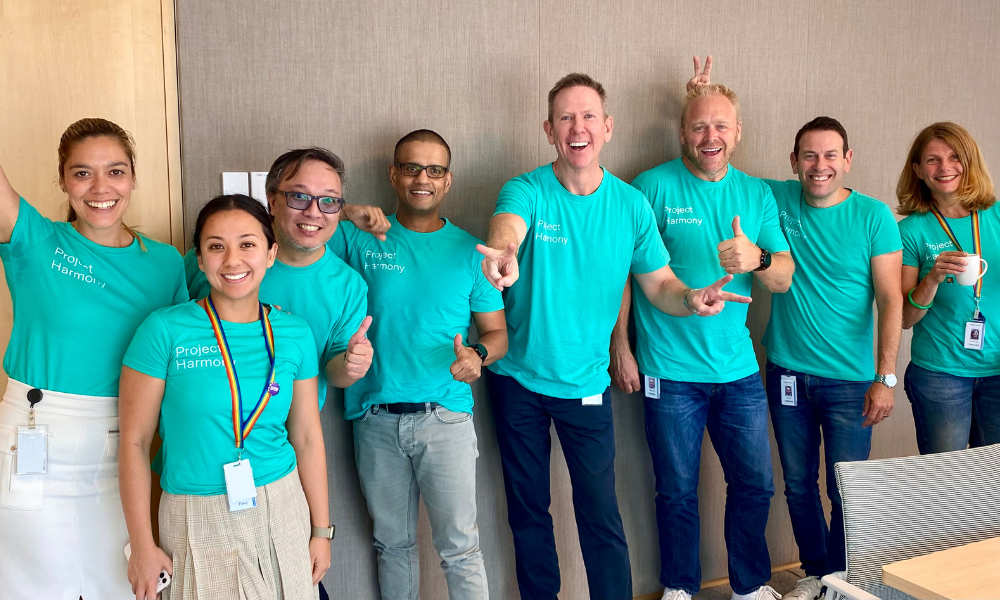
Rodney Hanratty, head of people and culture at Zurich, talks about importance of employee wellbeing

As the old adage goes, the only real constant is change. And while humans are remarkably good at adapting, ongoing and rapid uncertainty and volatility can take its toll and in some cases, cause harm – especially in the workplace.
Speaking to HRD, Rodney Hanratty, Head of People and Culture at Zurich Financial Services Australia, says that managing any change in their organization begins with a focus on the wellbeing of colleagues first and foremost.
“Like a lot of organizations, we take the mental and physical health of our employees very seriously. In Australia, there are increasing obligations and expectations on employers to have a duty of care toward their employees across a range of aspects. Zurich has a multi-faceted approach [including] Mental Health First Aid training for example - because of the nature of some of our roles in an insurance context, such as claims.”
At Zurich, Hanratty tells HRD that they’re committed to helping their people in any way they can – including offering a variety of ERGs, vicarious trauma training and investments in sustainability.
“This is not just a place to come to work, it's about caring and looking after the whole individual and our customers. That's an important part of where I think insurance is. It’s a purposeful place where you're helping people in a time of need and often vulnerability. We really emphasize that - it feeds into the people that we attract and how we retain staff,” he says, and last year, Zurich’s life insurance business paid out $1.5 billion to around 12,000 customers.
The company also has volunteer days as well as the global philanthropic ‘Z Zurich Foundation’. And employees have one day per year to undertake voluntary community or charity work.
“It’s those types of things that are important. We’re very conscious about wellbeing - that people feel like this is a purposeful and welcoming place to be,” Hanratty says.
This focus on wellbeing at Zurich is a reflection on the nature of some aspects of insurance, particularly in dealing with difficult or sensitive claims. For instance, if an employee is dealing with a particularly vulnerable customer, there’s a strict protocol the firm follows.
“There's a variety of factors that that would be taken into account,” he adds. “It depends on the seniority of the person. The more challenging calls wouldn't go to a junior staff [member], for example. There's a range of protocols – but, again, we're very conscious of that. We're conscious that we need to support our staff to have interactions in an empathetic and professional manner.”
One way Zurich is helping employees maintain wellbeing is through offering a hybrid work structure. Research has shown that hybrid workers are less likely to be at risk of depression compared to in-office employees and those working fully remote.
“We've taken a pragmatic approach,” adds Hanratty. “Most people work in the office on average three days a week, but there's a lot of flexibility associated with that depending on the role. You might be more, you might be less, but you can customize arrangements based on need and circumstance. As an example, we also allow employees to work a limited amount of time offshore if they need to.”
“[We’re not] a static organization,” he tells HRD. “We've been driving a high degree of change and still manage to retain strong levels of employee engagement. We think this multi-faceted approach has been key to these outcomes and, most importantly, supporting our colleagues in terms of their overall health and wellbeing.”